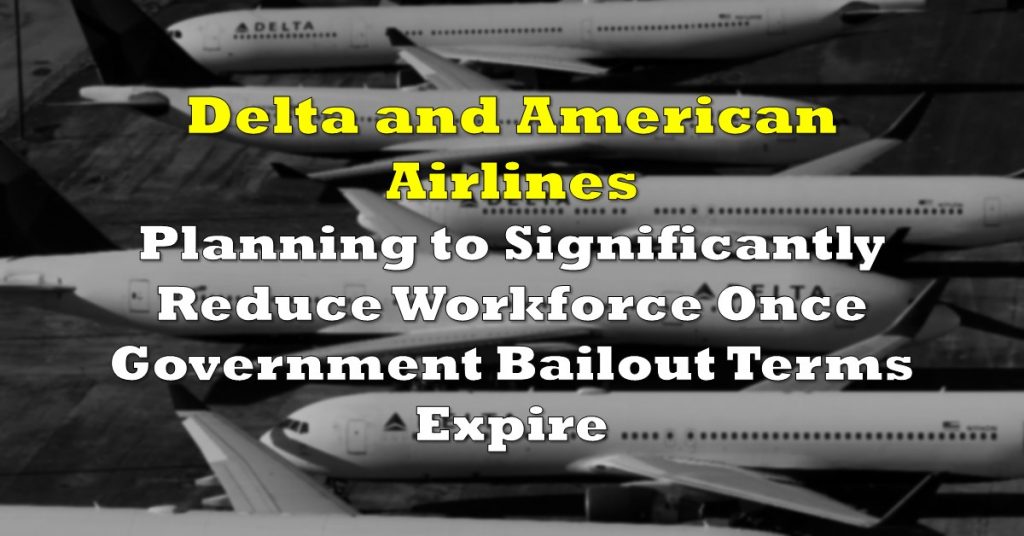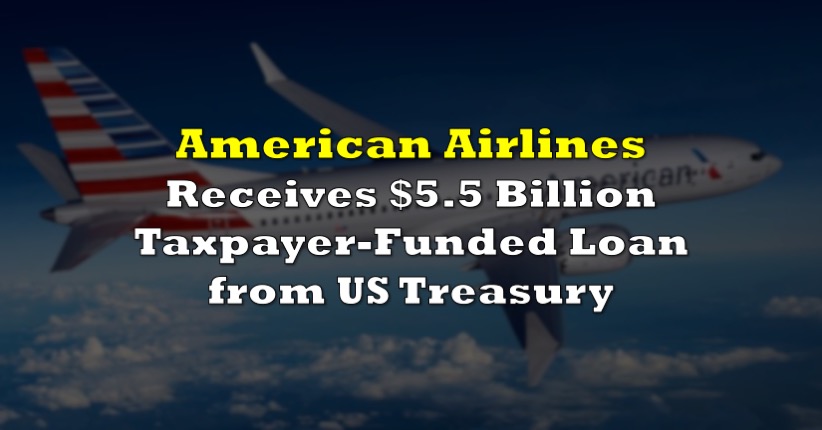Major US carriers have implemented a pricing structure that results in substantially higher costs for individual passengers compared to group bookings on certain domestic routes, according to travel industry reporting.
Delta Air Lines, American Airlines, and United Airlines have integrated these fee structures into their reservation systems, with individual travelers facing premiums up to 70% higher for the same flights, according to travel industry publication Thrifty Traveler.
For example, Delta priced a Minneapolis-to-Miami flight at $199 for a solo traveler while charging $118 per person for two passengers on the same flight, creating an $81 penalty for flying alone.
The pricing appears in published fare rules, with Delta requiring certain discounted tickets be used by passengers “accompanied on all sectors in same compartment by at least 1 adult.”
Kyle Potter, editor of the travel publication Thrifty Traveler, suggested that the pricing model targets business travelers who are less price-sensitive when employers cover travel expenses.
It's a major change in how airlines price flights. Typically, it's the opposite: More tickets = you may wind up with higher fares.
— Kyle Potter (@kpottermn) May 29, 2025
I'm unsure how long this has gone on. But whether it started days or months ago, it's irrelevant: Few know about it – or how much it's costing them.
The differential pricing currently appears limited to domestic one-way routes across economy and premium economy seating. Premium cabin fares show no similar restrictions. Unlike typical bulk discounts, airline seats have historically cost more per person when booking multiple passengers due to fare class availability limits.
The pricing strategy comes as airlines continue developing sophisticated revenue management systems to maximize profits from different passenger segments. Summer 2025 domestic flight prices are down 7% year-over-year, according to The Points Guy and a Kayak report, even as carriers implement new fee structures.
Solo travelers can compare prices by searching for one versus multiple passengers to identify affected routes. The practice doesn’t currently extend to round-trip bookings or international flights.
Information for this story was found via the sources and companies mentioned. The author has no securities or affiliations related to the organizations discussed. Not a recommendation to buy or sell. Always do additional research and consult a professional before purchasing a security. The author holds no licenses.









